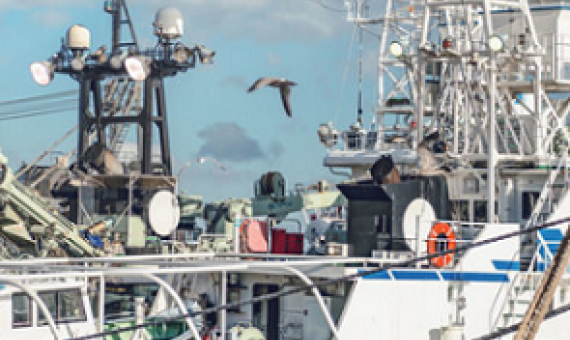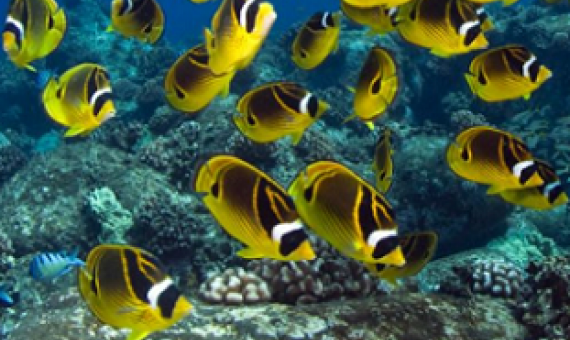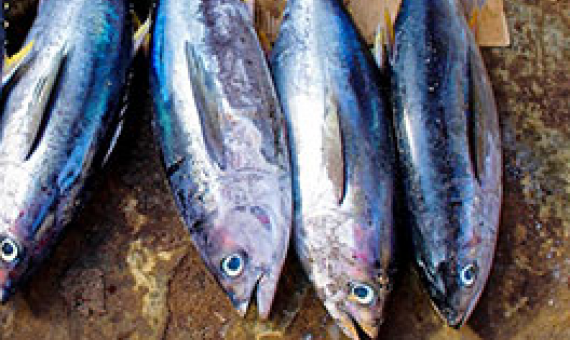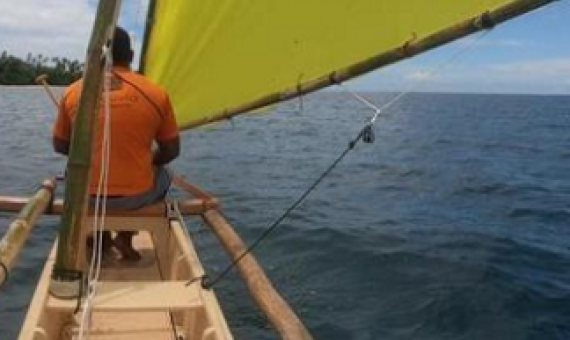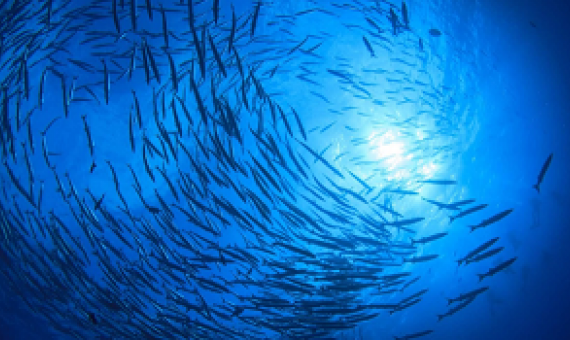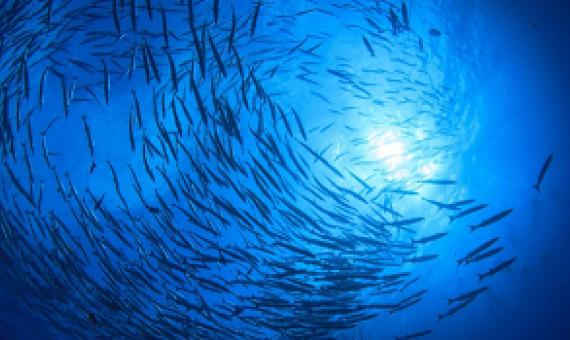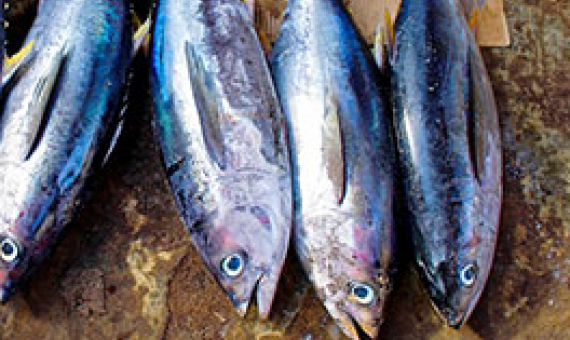Palau's fisheries minister says the country is still figuring out the balance of fishing in its waters. Click on the link below to read the full article.
The 123 million people who live near the U.S.
It is estimated that the Philippines loses nearly P68.5 billion a year to illegal, unreported, and unregulated fishing, a trend that affects the country’s economic development through lost revenue and unrealized opportunities for local fishermen and associated seafood industries.
One hundred canoes by Christmas...That's the aim of one of the Pacific's most ambitious traditional boat building projects. Click on the link below to read the full article.
New research finds that, to the contrary, large MPAs can confer benefits on migratory marine species — but only when they are carefully designed, strictly enforced, and integrated with sustainable fisheries management. Click on the link below to read the full article
FISHERIES – Effects of marine protected areas on local fisheries: evidence from empirical studies
Marine fisheries throughout the world are in serious decline due to overharvesting (National Research Council, 2001), and management for sustainable fisheries requires effective tactics for limiting exploitation rates. Limitations based on annual stock assessments and total allowable catches calculated from these assessments can be dangerous, and marine protected areas (MPAs) are one tool to limit exploitation rates directly even when total stock size is highly uncertain (Walters, 2000).
We have reached the point in human history where we can impact every inch of the ocean and at every depth. In the next decade, we need to ramp up the area of ocean we protect, but we must also address sustainable fishing and environmental justice in the places where we allow fishing.
In total, more than a dozen Pacific countries and territories have committed to designating and implementing strong ocean sanctuaries that restrict all commercial fishing. Click on the luink below to read the full article.
In testimony before a House subcommittee today, Kitty Simonds, the Executive Director of the Western Pacific Regional Fishery Management Council (WPRFMC) labeled the increasing number and size of marine monuments a "major impediment" to U.S.
The World Bank on Thursday approved the funds, which are part of a sustainability project improving compliance and governance of commercial fishing. Click on the link below to read the full article.

